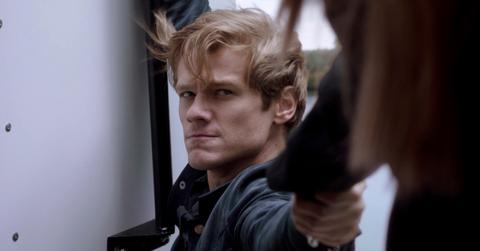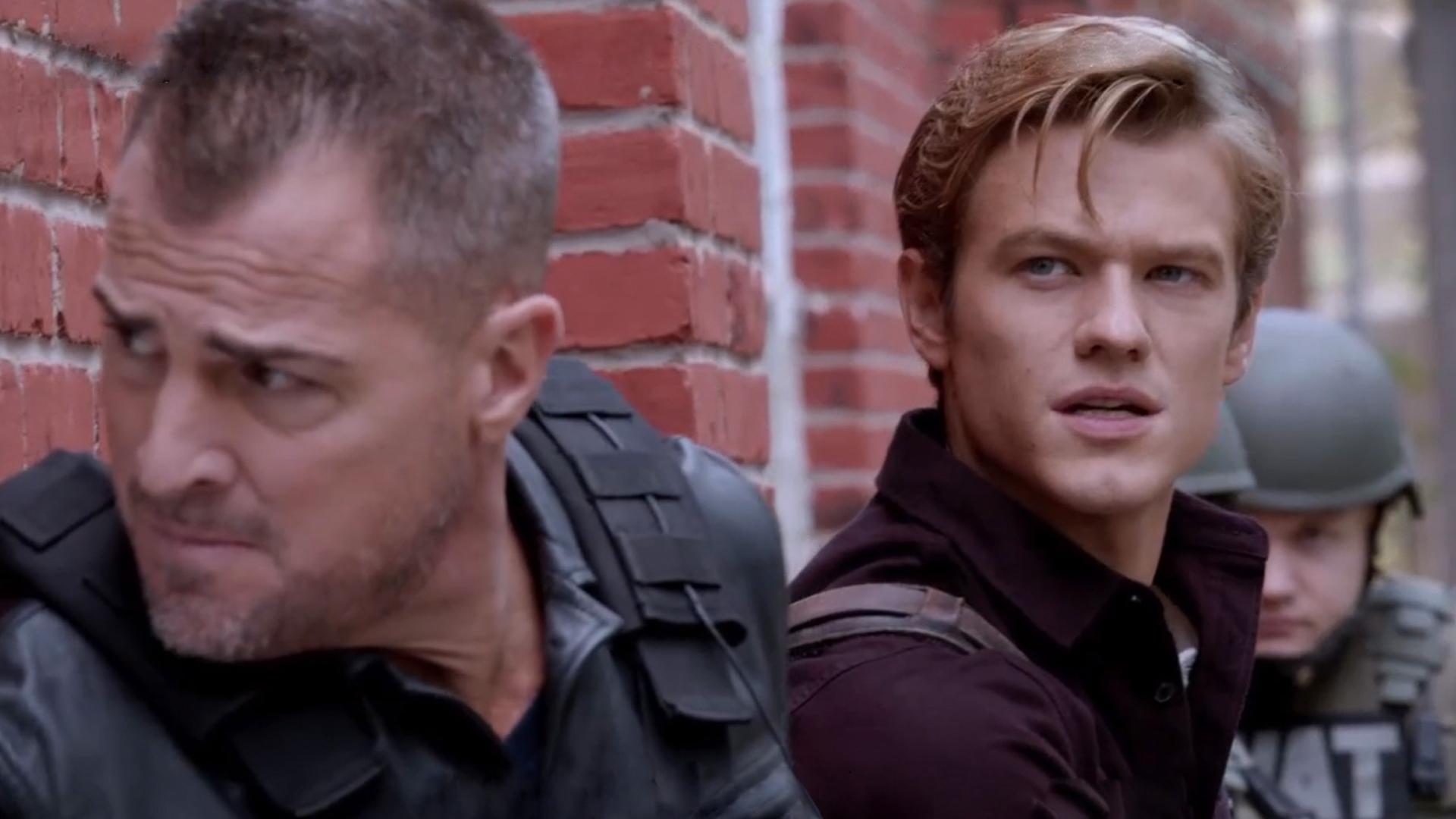The 'MacGyver' Lawsuit May Change the Course of Film and TV History Forever
Published April 10 2021, 10:32 a.m. ET

Lawsuits are never pretty, especially when it comes to great sums of money steeped in intellectual properties. And if there's one industry that's all about those IP dollars, it's entertainment. Like when Mike Tyson's face tattoo artist, Victor Whitmill, filed a lawsuit against Warner Bros. for plastering the design on Ed Helms' own countenance.
The MacGyver legal battle, however, has less to do with the semantics of ink and more to do with a sticking point in entertainment today.
The 'MacGyver' lawsuit boils down to the difference between a "spinoff" and a "reboot."
If you talk to any film buff or fan of the "video store" era of directors, it probably won't take them too long to get them all riled up on the state of original screenplays these days. Many top professional actors are electing to go into TV/miniseries route, eschewing feature films due to the fact that nearly everything seems to be either a reboot, spinoff, or re-imagining of past popular titles.

This same phenomenon has permeated almost all forms of media, and while art is cyclical (heck, Jim Jarmusch openly talks about "stealing" everything, and all of Shakespeare's famous plays, aside from The Tempest were all derivative works) it's created a vacuum of fresh intellectual properties gracing big and small screens across the globe.
Take MacGyver for instance, the long-running '80s CBS show that got redone in 2016 that's now in its fifth season, which may be its last, given all of the legal drama surrounding the series.
Although the series has had an audience fall-off, it's still a top performer for CBS. And around the height of its popularity, Hanzer Holdings and Arlita Inc. hit the network with a lawsuit stating that they're owed compensation for the show based on the original MacGyver's airings.
As plaintiffs in the case, they're claiming that they are "successors in interest" as part of the OG program's deal with CBS, which was executive produced by Henry Winkler and John Rich.
The suit goes on to say that the first series, which ran from 1985 to 1992, contains a clause in the initial 1984 agreement making Major Talent Agency a "third-party beneficiary" via a "package commission." This suit stipulates that "each series produced under the 1984 Agreement" entitles MTA to compensation.
CBS is saying that this isn't the case.
When the newer iteration of the popular series was first being debuted, CBS, along with a bunch of media outlets, called it a "reboot," a "remake," and a "spinoff."
But CBS' response to the 'MacGyver' lawsuit is that it's not a spinoff, which is a key differentiation.
The network's legal department didn't mince words: "Most fundamentally. their contract claims fail because neither CBS Studios nor its predecessor in interest, Paramount, has ever had any contractual relationship with either plaintiff. Paramount/CBS never had any contractual relationship with Hanzer Holdings, and never even heard of plaintiff Arlita, Inc. until it filed this lawsuit."
It continues, "Second, even assuming arguendo that such a contractual relationship existed (it never did), they premise their entire case on an allegation that the 2016 MacGyver remake is somehow a ‘spinoff’ under a written contract which does not even apply to remakes. Odder still, Plaintiffs were unable to state in deposition which version of the agreement they claim applies here and, to this very minute, they do not know."
"Finally, even assuming a contractual relationship which would apply to the Remake, Plaintiffs admittedly were and are unable to perform, making it impossible for them to meet an essential element of their claim performance. Plaintiffs have resisted discovery at every turn for a very simple reason — their allegations are belied by the evidence."
It seems that the suit's claim boils down to the fundamental difference between a "spinoff" and a "reboot," and should a judge decide that the two are one in the same — or redefine what it means to "revive" an intellectual property down the road — then that could have serious implications for rebooted/remade/spun-off movies, stories, and series down the line.
This could potentially disrupt the nature of how these properties are handled in the future. Granted, new contracts could be drafted moving forward in creating these properties, but it might tip give some production companies and distributors pause before deciding to re-do something that's already been done before.
And my, how the "video store" director fans would rejoice if that is the case.